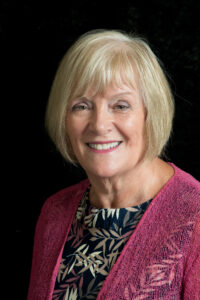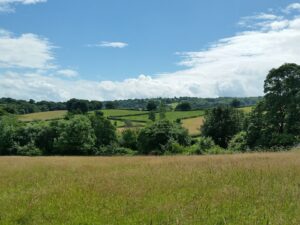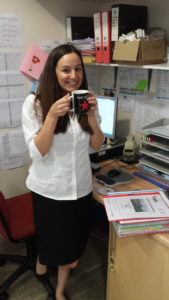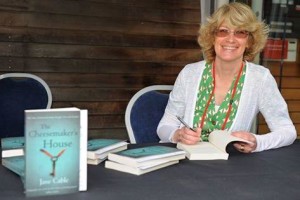I don’t think there’s a writer out there who doesn’t love libraries. Honestly, we just do! And it’s not just because we write books.
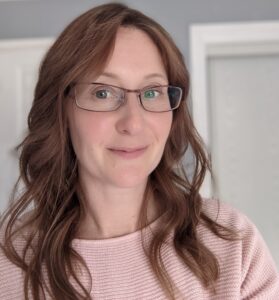 In an age when books are constantly pirated and stolen, borrowing books from your local library helps an author financially as we get a small payment for every book of ours loaned out (it’s currently about 10p, I think). But we also love them because we know the power of stories in bringing people together.
In an age when books are constantly pirated and stolen, borrowing books from your local library helps an author financially as we get a small payment for every book of ours loaned out (it’s currently about 10p, I think). But we also love them because we know the power of stories in bringing people together.
Books help us to feel less alone whether its diving into another world for some escapism when our own lives get rough or reading about an experience that we too have been through before, books give us a sense of connection and hope. But there’s also a lot more to them that sometimes goes unnoticed. Whatever your reading tastes or reason for visiting, libraries are crucial to our communities and my latest novel The Little Library on Cherry Lane is basically a love letter to these fabulous institutions, illustrating all the things they do aside from lending books.
Not only do stories connect with us on a personal level, but libraries bring people together. They help alleviate loneliness and give us an opportunity to connect with others. You only have to see the rise in parent and child groups, or community groups like ‘Knit and Natter’ to see how much people need to forge communities and friendship groups at a time when so much of our lives are lived online. For many older people, they are a lifeline and the only time they speak to people during the day.
 In my novel, the local library in the tiny village of Meadowbank is under threat when a developer wants to buy the land and turn it into a housing development. Of course, there’s romance because that’s what I write but the setting simply had to be a library and Meadowbank library, like many others is at the heart of the village’s community.
In my novel, the local library in the tiny village of Meadowbank is under threat when a developer wants to buy the land and turn it into a housing development. Of course, there’s romance because that’s what I write but the setting simply had to be a library and Meadowbank library, like many others is at the heart of the village’s community.
My favourite scene comes quite early on when the new housing development is revealed to the local community, and we see the reaction of the village. There’s complete outrage from all those who love the library and even Elsie, the shy, quiet librarian can’t stop herself from speaking out (much to the chagrin of our handsome hero). She sees the value of the place for more than just the books it lends. The village is shocked by her visceral reaction but for the most part agrees wholeheartedly with her. There are of course a few people who disagree because otherwise there wouldn’t be any tension in the story!
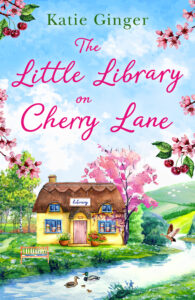 I absolutely loved writing the back and forth between the two main characters where they’re batting away each other’s arguments. She’s surprised at herself and our handsome hero can’t help but find her attractive even though she’s trying to scupper all his plans.
I absolutely loved writing the back and forth between the two main characters where they’re batting away each other’s arguments. She’s surprised at herself and our handsome hero can’t help but find her attractive even though she’s trying to scupper all his plans.
If you haven’t taken a trip to your local library in a while, please do as soon as you have the chance. They’re wonderfully welcoming and I’m sure you’ll see for yourself just how many people use them to connect with others. Books are important, but so are the places that house them, and we must do everything we can to ensure that future generations get to visit these amazing places too!
If you’d like to know more about me or my books, you can find me here: www.keginger.com!


